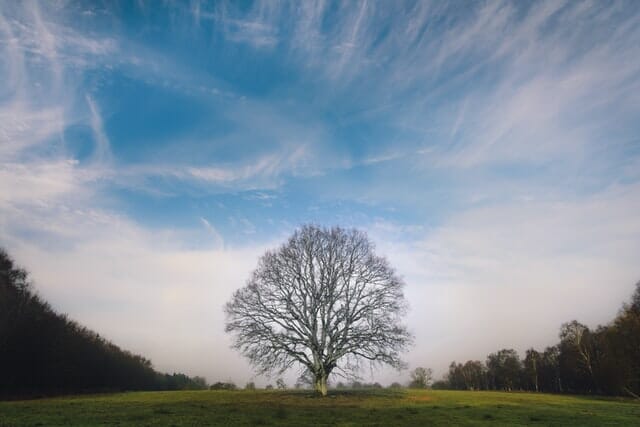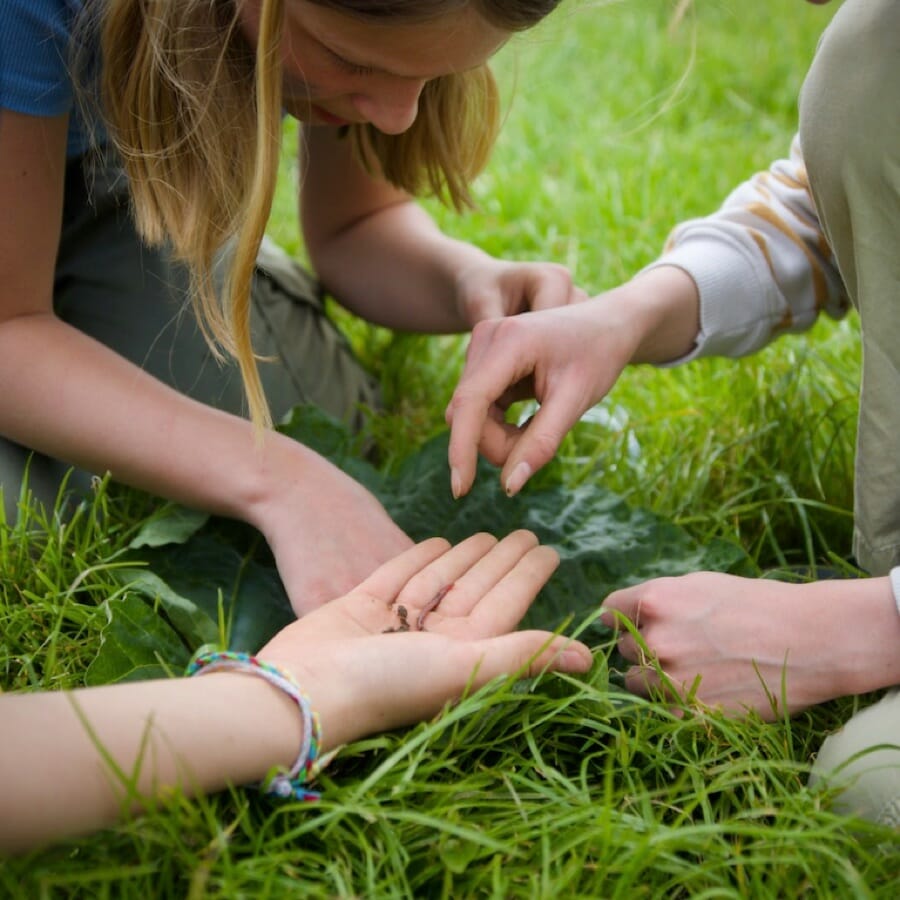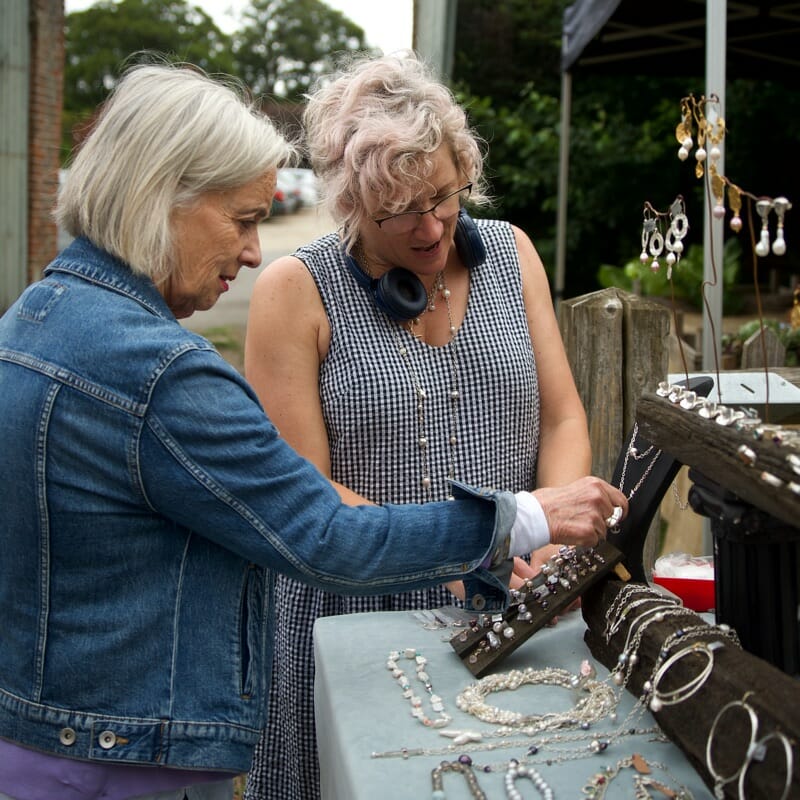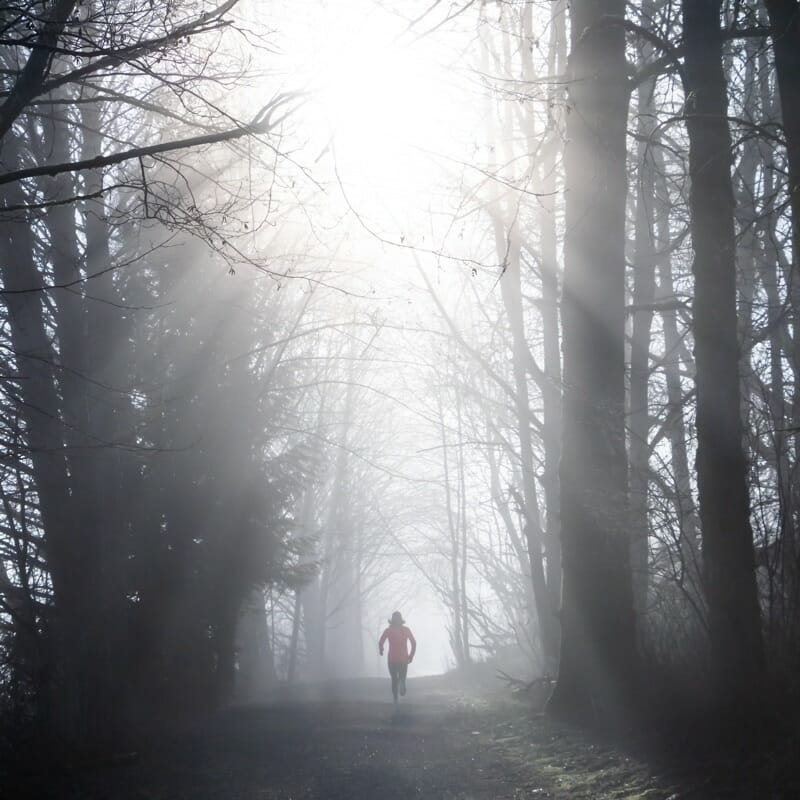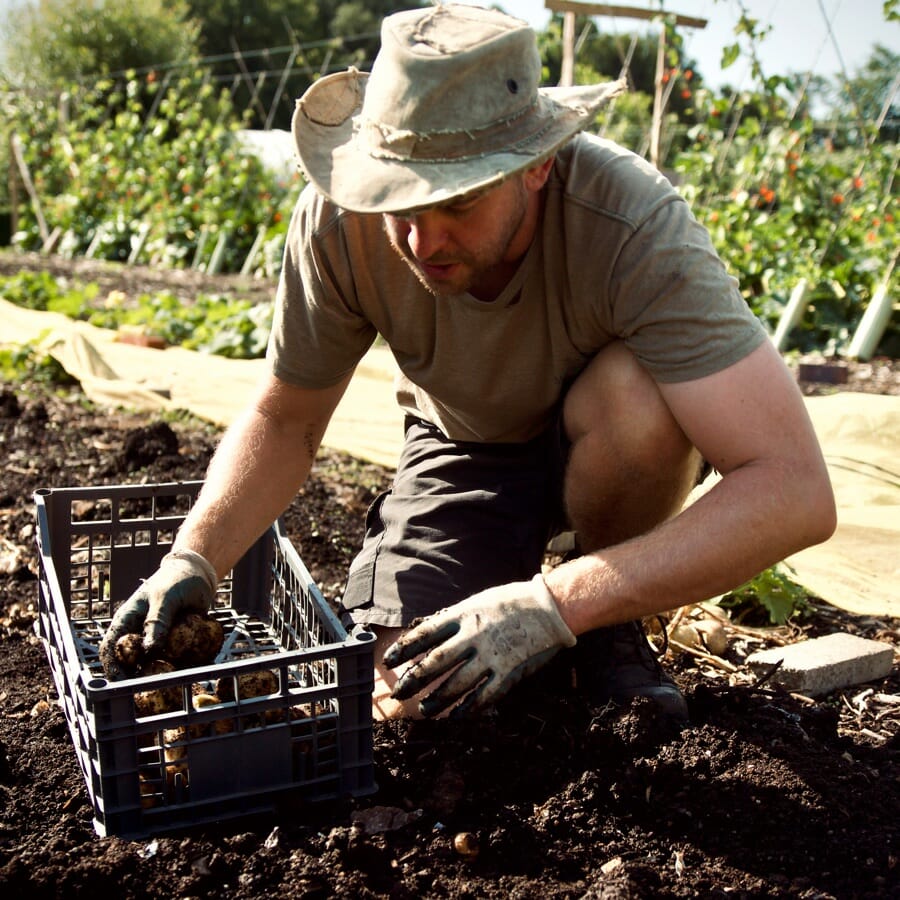Be Still
‘How can we possibly expect anyone to find real nurture, comfort and consolation from a prayer life that takes the mind beyond its limits and adds one more exhausting activity to the many already scheduled ones? Often it seems …that a simple conversation with God or simple presence to God have become practically impossible’ Henri Nouwen ‘The Way of the Heart’
‘Be still and know that I am God’ Psalm 46 vs 10
Part of Ashburnham Place’s gift to those who visit is to provide a space that encourages people to enter stillness and quiet. Recently, I have been reflecting on the importance and potency of being still and allowing silence to feature in our daily rhythm. This is the first of a few blogs reflecting on this theme.
Twenty-First Century Living
Our twenty-first century living is subject to the insidious encroach of noise and busy-ness as never before. We have Televisions, phones, radios, emails and all manner of devices in every room of our homes, even embedded into our ears. While some of our cars and machinery are softening their noise levels they are also become ever more efficient allowing us to fill and do more with every minute. Through our phones and tablets, work and its demands is able to follow us on holiday, over the weekends and even in to bed; the checking of texts and emails while ‘resting’ seems to be the nervous tic of our time. These technological advances coupled with the desire and expectation for ‘instant’ and ‘next day’ mean that finding stillness and quiet can be an uphill or indeed losing battle. Such is the prevalence of busy-ness and noise that we can find it has become both a habit and a comfort, thus rather than embracing the opportunity to stop and be still we find ourselves avoiding it. This avoidance is very much to the detriment of us as an individual and to the friends, families and communities that surround us.
When I was Younger
When I was younger, a wise lady shared with me a helpful demonstration of the impact of an overly busy life. She showed me a jam jar with clear water in and a little mud resting at the bottom, taking the jar she gently shook it and set it on the table. The clear water instantly became muddied and was swirling with stirred up detritus. She described the impact of lives that rush, lives without rest and stillness to be the same; churning our insides and stealing our peace. As we sat and watched the jar, the swirling slowed and finally became still, the mud started to settle to the bottom and the water gradually regained its clarity. The impact of choosing to stop our busily swirling hearts and minds can, after some adjustment, feel like our inner ‘waters’ regaining their clarity. As we run through our days from one activity, task and relationship to another, the ‘jars’ of our lives tend to be shaken and stirred, even as we relax into the evening the constant motion is nudged along by TV, mobiles, laptops and our inability to switch off.
The result is that too often we and those around us exist in a constant state of swirling muddiness which allows us to ignore the still small voice, to cover the innate need for rest and deep peace and to hide our need. Silence and stillness are exposing, they expose what we are able to mask by continuous activity and entertained minds. Without this regular exposing of our hidden things and the settling of our hearts, our emotional, mental and even physical health suffer.
Isaiah 30 vs 15 says ‘in repentance and rest is your salvation, in quietness and trust is your strength’, not in achievement, not in endless activity and not in raising our voice the loudest. The people of God are called to be counter cultural agents. I believe being a people who know the God of Sabbath in quietness and who are able to embrace stillness is a distinctly counter cultural calling.
Being Still
Being still is, like any other discipline, something that needs cultivating and becomes easier with regular practice. Taking 10 minutes at the start or end of the day just to sit in silence, with no holy shopping list, no phone, allowing our internal to-do list to rest, can serve as a critical in-breathing before launching into the frenetic pace of our days.
Ruth Barton in her book ‘Invitation to Solitude and Silence’ describes the effect of silence and stopping thus:
Silence
“In silence we begin to recognise that a lot of our God-talk is like the finger that points to the moon. Pointing to the moon, talking about the moon, involving ourselves in study and explaining how the light of the moon is generated is not the same thing as sitting in the moonlight, letting moonbeams fall around us illuminating what they will. It is not the same thing as noticing how everything is transformed in this numinous light. When we sit in the light of the moon, we don’t try and figure it out, explain it or force it to be anything other than what it is. We just enjoy sitting in the midst of it. It is the same with God. Our words about God are not the Reality itself. They are only the finger pointing to the moon. In silence we give in to the fact that our words can never contain God or adequately describe our experiences with God. We give into the exhaustion that comes from trying to put everything into words and mental concepts, we give our mind permission to just stop.”
While places like Ashburnham and other such places of retreat are helpful in fostering our ability to embrace stillness and creating space to simply stop, the foundations of a life giving rhythm that includes stillness starts in our small daily decisions to ‘come aside…’. Or, as Henri Nouwen suggests, to simply choose to be present with God. I’d encourage you to consider whether your life is lacking is stillness, whether you need to take some small steps to build that silence and space to stop into you days. This is not just for the sake of your personal growth and spiritual health but so that you might carry that Christ-centred stillness into a hurrying, anxious, noisy world.

